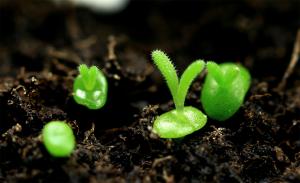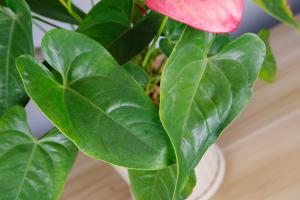What is a Sea Water Evaporator and Distillation Plant?
Sea water evaporators and distillation plants are used to remove salt and other impurities from seawater, making it suitable for drinking and other uses. These systems are commonly used in marine vessels, oil rigs, and coastal areas where fresh water is scarce. In this article, we will explore the basics of sea water evaporators and distillation plants, their functions, and their applications.
How Do Sea Water Evaporators Work?
Sea water evaporators use a process called thermal distillation to remove impurities from seawater. The system usually consists of a heat source, a condenser, and a pump. The heat source, usually exhaust gas or steam from the ship's engine, heats the seawater in a heat exchanger, causing it to evaporate. The resulting steam is then condensed in a separate condenser, producing pure, fresh water that can be used for drinking, cooking, and other purposes. The remaining brine is typically discharged overboard.
Types of Sea Water Evaporators
There are several types of sea water evaporators, including flash type evaporators, multiple effect distillers, and reverse osmosis systems. Flash type evaporators are the most basic and simple to operate. They are also the most common type used on smaller vessels. Multiple effect distillers use multiple chambers, each with a lower pressure than the previous chamber, to evaporate the seawater. This allows for more efficient use of energy, making them more cost-effective for larger vessels. Reverse osmosis systems use a semi-permeable membrane to filter out the impurities from seawater. They are the most energy-efficient, but they require a high-pressure pump to operate.
Applications of Sea Water Evaporators and Distillation Plants
Sea water evaporators and distillation plants are used in a wide range of applications, including:
Marine vessels, such as ships and offshore platforms
Coastal areas with limited access to fresh water
Isolated communities and military bases
Industrial processes that require large quantities of fresh water
They can also be used for emergency situations, such as natural disasters or power outages, providing a reliable source of fresh water. In addition, sea water evaporators and distillation plants are environmentally friendly, as they do not require chemicals or other harmful substances to operate.
Maintenance and Safety
Sea water evaporators and distillation plants require regular maintenance to ensure they work properly and safely. This includes cleaning the heat exchangers, replacing filters and membranes, and checking for leaks in the system. It is also important to follow all safety procedures and guidelines when operating the system, as they involve high temperatures and pressurized systems. Proper training and certification is required for anyone responsible for operating and maintaining sea water evaporators and distillation plants.
Conclusion
Sea water evaporators and distillation plants are essential systems for ensuring access to fresh water in marine vessels, offshore platforms, and coastal areas with limited access to fresh water. By understanding the basics of how they work, their different types and applications, and the importance of maintenance and safety, we can ensure the reliability and effectiveness of these systems for years to come.

 how many times do yo...
how many times do yo... how many planted tre...
how many planted tre... how many pine trees ...
how many pine trees ... how many pecan trees...
how many pecan trees... how many plants comp...
how many plants comp... how many plants can ...
how many plants can ... how many plants and ...
how many plants and ... how many pepper plan...
how many pepper plan...






























